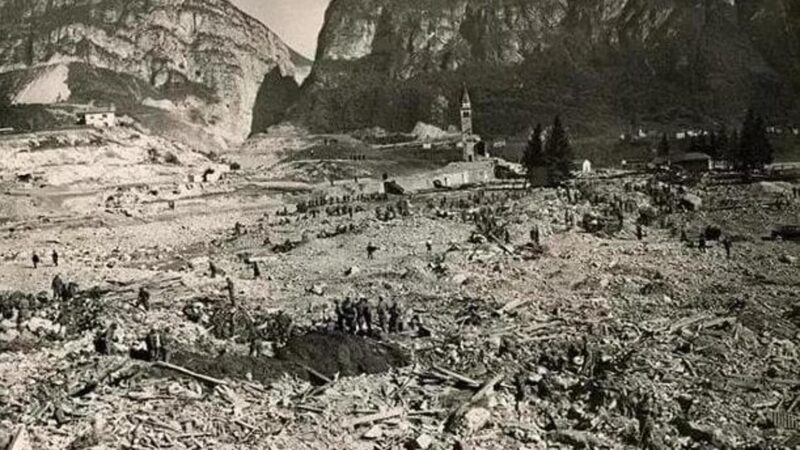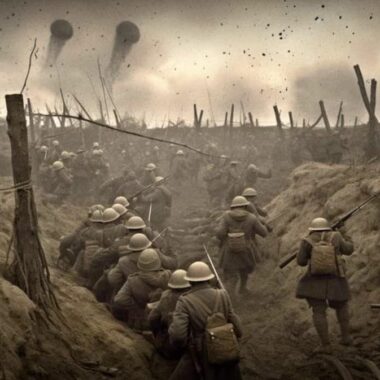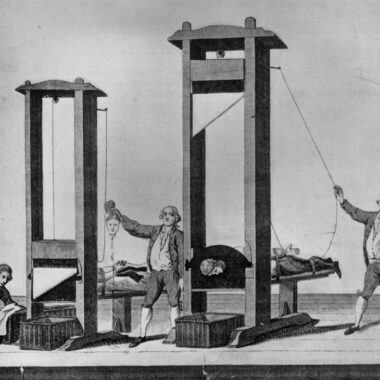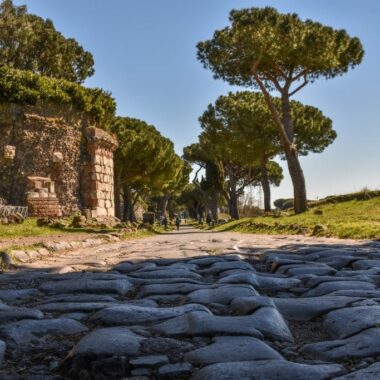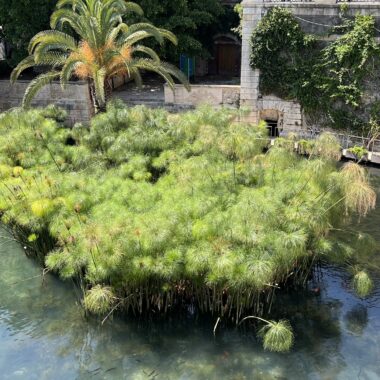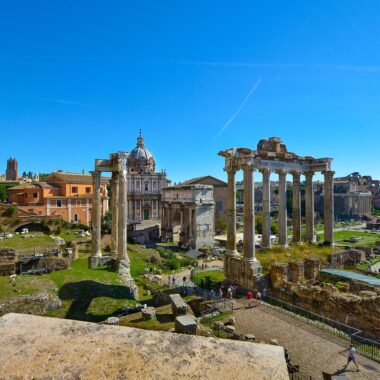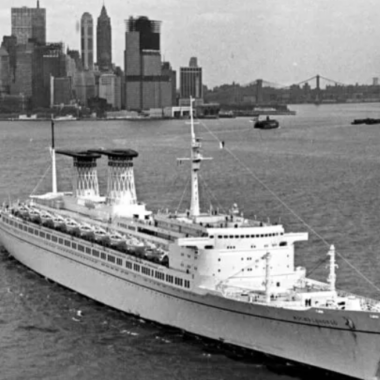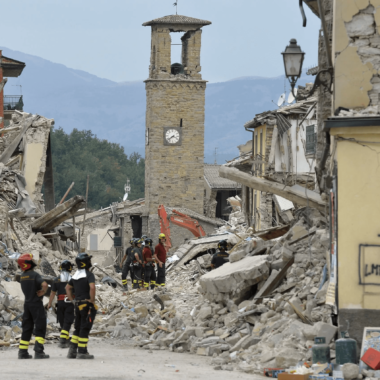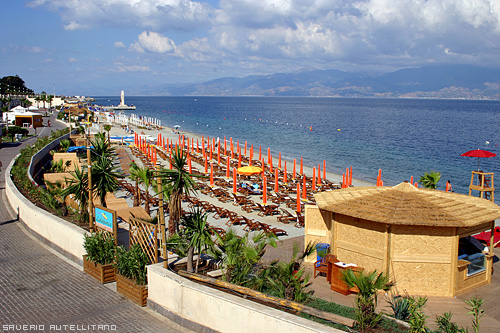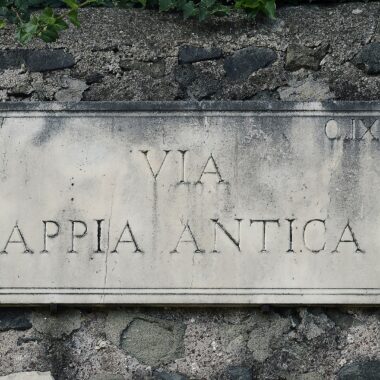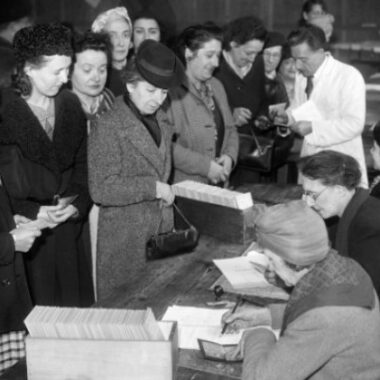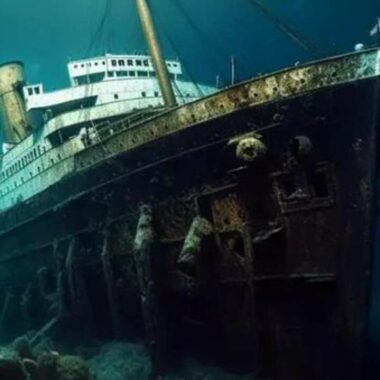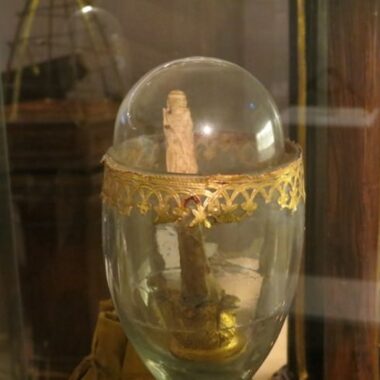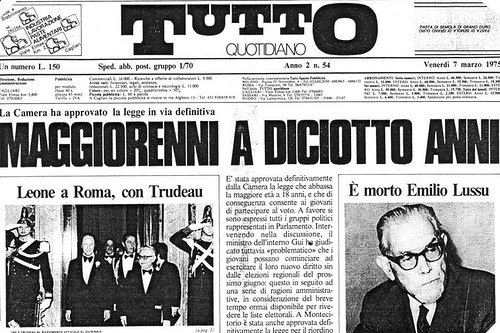There were 1910 dead (487 kids) and over 1300 missing. These are the harrowing figures from the famous night of October 9, 1963, which will be remembered as the Vajont catastrophe. We relive the awful events 61 years later because those torments, especially for all those youngsters, continue to feed deep questions and consume the spirit.
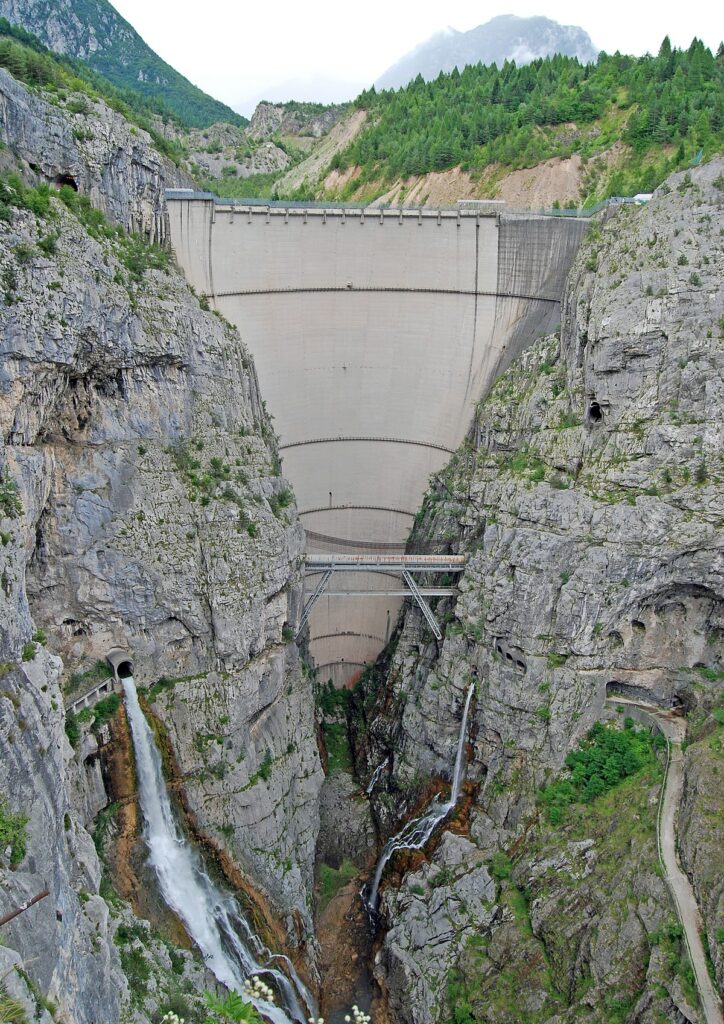
This is the account of engineers and geologists failing to understand the nature of the problem they were attempting to solve, as the United Nations General Assembly mentioned.
On October 9, everything runs nicely as we stand on the boundary between Friuli Venezia Giulia and Veneto, in the far northeast of the peninsula. With a height of 261.60 meters, this area was home to the world’s highest dam at the time. It was built in 1961 to treat the Piave River‘s waters from a seasonal regulating water tank.
The calamitous landslide
11.39 p.m.
A landslide about 270 million meters long and 2 kilometers long broke off from the side of Mount Toc, spilling at 110 km/h into the artificial Vajont basin. All in less than 20 seconds. At that moment, 115 million cubic meters of water in the basin triggered a chain reaction of dire consequences. The crash produced three powerful, unstoppable shock waves. One of these smashed through the 250-meter-high wall and rained down on the municipalities surrounding the dam, smashing them and killing 158 people in Erto and Casso.
At this point, the water was unstoppable. Subsequent research revealed the tsunami reached the Piave Valley in about 4 minutes, setting the stage for a devastating massacre. Among the countries destroyed to the ground, it is a duty to mention:
- Longarone
- Pirago, where just the single bell tower north of town and the historic Town Hall remain intact.
- Faè
- Villanova
- Rivalta
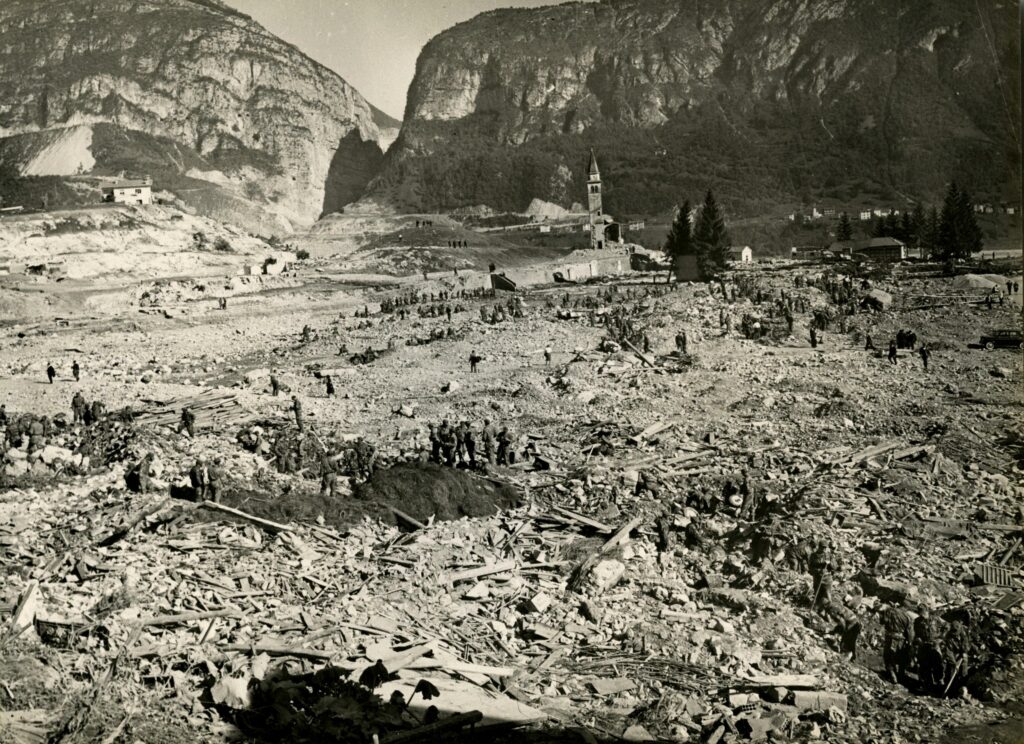
Basically, these communities stand as ghost towns, abandoned and forlorn, with houses demolished and unlikely ever to be restored.
Codissago, Castellavazzo, Fortogna, Dogna, and Provagna, on the other side, were severely destroyed. The youngest victim of the accident, at only 21 days of age, and the oldest, born in 1870, are in possession of the numbers, but the identities of the causes are not mentioned here.
The Legal Case
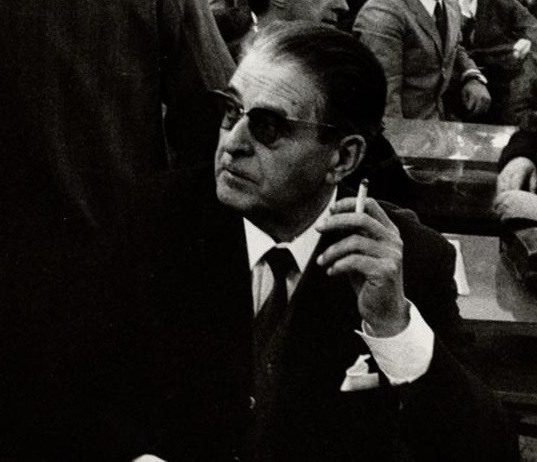
The pursuit of the truth finished in 2000, 27 years later. In the years after 1963, despite the uncertainty and darkness, they worked tirelessly to unmask the slaughter’s perpetrator. On February 21, 1968, the principal members of the Vajont dam testing panel were sentenced. Alberico Biadene, Mario Pancini, Pietro Frosini, Francesco Sensidoni, Curzio Batini, Francesco Penta, Luigi Greco, Almo Violin, Dino Tonini, Roberto Marin, and Augusto Ghetti were the opponents.
On November 24, Mario Pancini committed suicide by guilt, and the next day a first-degree trial was held in L’Aquila, where all defendants were sentenced to 21 years and 4 months, with Almo Violin sentenced to 9 years. Because the event’s predictability was not recognized, all the accused were acquitted except for the engineers Biaden, Batini, and Volin (who were sentenced to 6 years in prison).
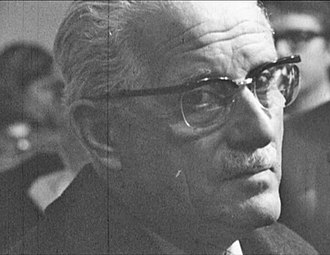
Only Francesco Sensodini and Alberico Biadene were found guilty in the 1971 Rome Cassation trial, where the documents were reversed.
Final verdict: flooding was made worse by events that involved landslides and killings. However, both offenders were granted a three-year amnesty, and Biadene was released after only two years for good behavior.
The reasons for the collapse
Is it terrible luck, poor job management, or deception? The post-landslide investigation uncovered crucial information and details for reconstructing the tragic scenario. Elements that were subsequently translated into the lengthy legal process. It has since been shown that SADE officials and designers tainted the actual data on the dam’s development, concealing issues about its unfitness. The dam’s sides were too weak to be used as a hydroelectric tank.
Indeed, the dam’s vulnerability increased due to its elevation of nearly 700 meters above sea level and substantial rainfall. However, the staff’s very likely negligence and underestimation of hydrogeological threats should not be ignored.
All things considered, we must put all of these pieces together to form a much broader picture. The northern slope of Mount Toc already had a landslide that had been moving for millions of years.
The memory of the heads of state 61 years after the Vajont catastrophe
Today, Italian leaders received an outpouring of memories and comforting words, expressing sympathy for those who’ve shared the victims’ journey.
We are here to memorialize people—Sergio Mattarella
Sergio Mattarella, President of the Republic, observed a moment of quiet, respect, and sincere remembrance. During today’s anniversary service, he went to the municipal cemetery and then to the dam, which is still mostly intact.
“Today, we want to try to imagine ourselves first in the eyes of those who are no longer there; that when the Alpini arrived, there were none left. As seen by the rescuers. In the stern expressions of the surviving. In the eyes of people who are now the custodians of these lands. To say, “The Republic has not forgotten” and “The tragedy that has been consummated here bears the weight of heavy human responsibilities and serious choices that were denounced by careful people even before the disaster happened” .
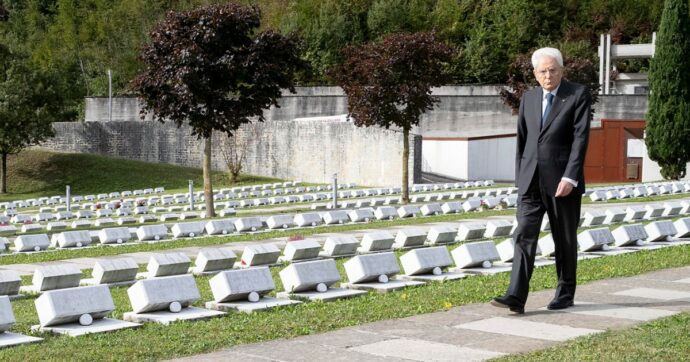
A deep wound in our past, tragedy avoidable—Giorgia Meloni
“We must not forget how much human irresponsibility cost on that terrible night of October 9, 1963, to a community that was fully aware of the risks but that remained unheard” .
The obvious conclusion is that the pursuit of truth cannot be sacrificed on the altar of riches or power. The Vajont catastrophe is a sad reminder of how important it is to seek the truth, even when commercial interests appear to triumph. The blight of this catastrophe was a lack of openness and meaningful accountability, leaving families without answers and a nation with lasting scars.
